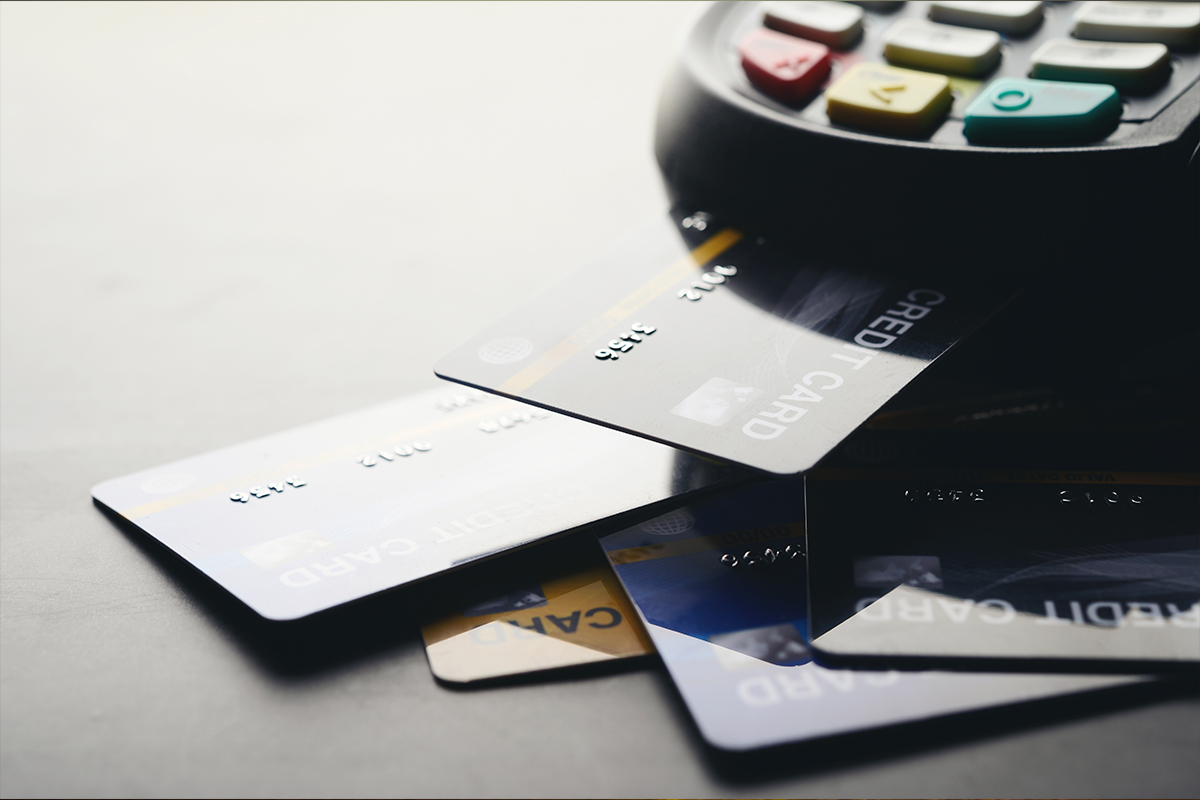How to protect your financial information online
Protecting your financial information online is critical in today’s digital world, where cyber threats are constantly evolving. Securing your personal and financial data not only prevents financial loss, but also protects your identity. In this article, we’ll explore several strategies to keep your finances safe in the digital environment.
First, use strong, unique passwords for each of your online accounts. Avoid using the same password for multiple sites and opt for combinations of letters, numbers, and special characters. Change your passwords regularly and consider using a password manager to keep them secure. Protecting your financial information online starts with making it difficult for unauthorized people to access your accounts.
Also, enable two-factor authentication (2FA) whenever possible. This adds an extra layer of security, as it requires a second verification step in addition to your password. This can be a code sent to your mobile phone or an email. The protection of your financial information online is greatly strengthened with two-factor authentication.
It’s crucial to be alert to phishing signs. Fraudulent emails and messages that try to trick you into revealing personal information are common. Don’t click on suspicious links or download attachments from unknown senders. Always verify the sender’s email address and, if in doubt, contact the financial institution directly through official channels.
Keep your software and devices up to date. Software manufacturers release updates to fix security vulnerabilities. Make sure you install these updates on your computer, phone, and any internet-connected device. Protecting your financial information online includes having a secure operating system and applications.
Another best practice is to use virtual private networks (VPNs) when accessing financial information online, especially on public Wi-Fi networks. VPNs encrypt your internet connection, making it harder for hackers to intercept your data. Protecting your financial information online is most effective when you use a secure, private connection.
Regularly review your bank and credit card statements. By doing so, you can quickly spot any suspicious activity and report it to your bank or financial institution. Constant vigilance is an important part of protecting your financial information online .
Consider continuing cybersecurity education. Threats evolve and criminals’ techniques become more sophisticated. Stay informed about best practices and new threats to ensure your financial information remains secure. Protecting your financial information online requires an ongoing commitment to security.
Protecting your financial information online is essential in the digital age. By adopting strong passwords, enabling two-factor authentication, avoiding phishing, keeping software up to date, using VPNs, and reviewing your account statements regularly, you can significantly reduce the risk of fraud. Continuing cybersecurity education is also key to keeping your information protected.

